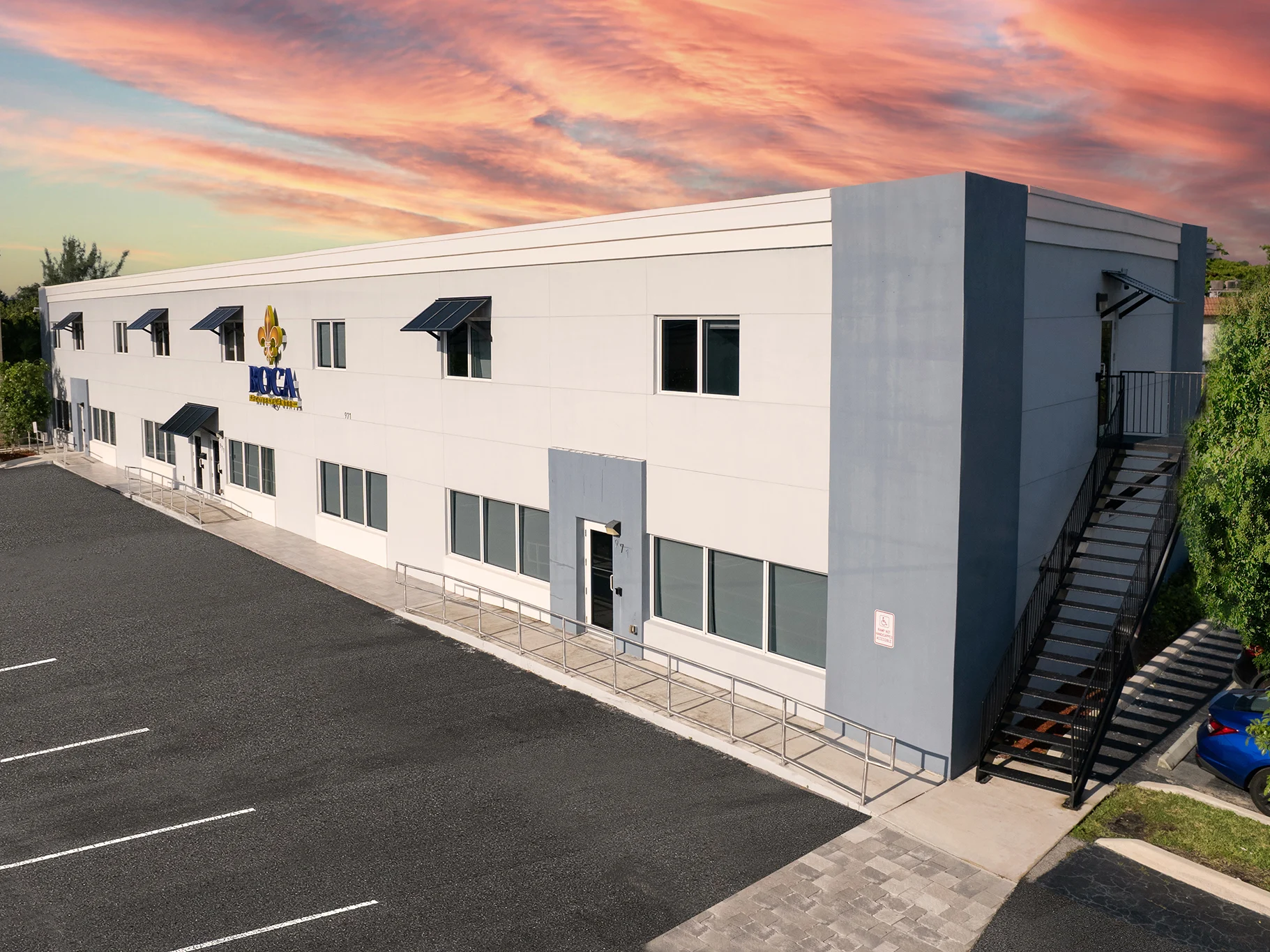Anxiety disorders are some of the most common mental health conditions. They are characterized by excessive fear, worry and nervousness that interfere with daily life. The emotional distress caused by anxiety may lead you to seek relief from legal or illegal substances such as prescription medication, alcohol or cannabis.
However, this coping mechanism can quickly spiral into dependence. The connection between substance abuse and anxiety disorders is complex and typically cyclical. In other words, one condition may worsen the other. If you don’t receive proper treatment then both will significantly impact your mental, emotional and physical wellbeing. Understanding this relationship is a crucial step to finding lasting recovery.


Natural Remedies for Depression
How Anxiety and Addiction Are Connected
Anxiety and addiction are often found together which creates a cycle that can be difficult to break. Turning to drugs or alcohol is a form of self medication that you might use to ease the feelings of restlessness, panic or fear. Substances may offer short term relief but they often worsen your symptoms over time.
For example, alcohol and depressants can interfere with brain chemistry while stimulants increase agitation and paranoia. Both of these substances lead to heightened anxiety once the effects wear off. This creates a harmful loop where anxiety leads to substance use and substance use intensifies anxiety which then leads to more self medication.
This pattern can evolve into co-occurring anxiety disorder and substance use disorder that can complicate diagnosis, treatment and recovery. If this cycle continues then it becomes more difficult to manage either condition effectively. Recognizing the connection between self medication and anxiety is crucial to breaking the cycle and developing healthier ways to manage emotional distress.
Most Common Substances Used to Self Medicate Anxiety
If you struggle with self medication and anxiety then you might turn to readily available substances that can temporarily reduce stress or emotional discomfort. Alcohol is one of the substances that people typically turn to. It’s known for its sedative effect that can initially relax the mind and body. However, alcohol disrupts brain chemistry and sleep cycles which often leads to increased anxiety after the initial effects have worn off.
Benzodiazepines are prescription medications like Xanax or Ativan. They are sometimes prescribed short term to reduce the effects of anxiety but they must be used cautiously since they can be misused for the calming effects and quickly lead to dependence. This worsens anxiety symptoms in the long term when benzodiazepines are used without supervision. Another substance that’s frequently used for anxiety relief is cannabis or marijuana.
Some people report short term benefits but regular use is linked to increased symptoms of anxiety. This is especially true if the drug is used alongside underlying mental health conditions like anxiety. This creates a vicious cycle in which the person uses cannabis to reduce symptoms but it creates more symptoms.
Finally, some people may choose cocaine or methamphetamines to heighten their alertness and energy. However, these drugs can trigger panic, paranoia and severe anxiety crashes. Misusing these substances for anxiety relief only deepens the cycle of emotional instability and dependency.
Diagnosing Co-Occurring Anxiety and Addiction
A co-occurring diagnosis is also called a dual diagnosis. It refers to a situation when you have a substance use disorder and a mental health condition at the same time. Dual diagnosis anxiety refers specifically to anxiety and substance use. Diagnosing these conditions requires careful clinical assessment since many symptoms overlap such as restlessness, insomnia and panic.
Our clinicians at Boca Recovery Center can determine whether anxiety symptoms are the result of substance use or if they persist independently. This distinction becomes clearer during and after detox when substances have cleared the system and baseline mental health symptoms become more evident. That’s why we perform a thorough psychiatric evaluation after you are mentally and physically stabilized and not during active substance use or withdrawal.
An accurate diagnosis is critical. Treating one condition without addressing the other can lead to a relapse or worsening symptoms. Integrated treatment plans must address mental health and addiction simultaneously to give you the best chance for long term recovery and emotional stability.
Treatment Options
Effective treatment for substance abuse and anxiety disorder requires an integrated approach that addresses both conditions simultaneously. Integrated care combines mental health and addiction treatment into one coordinated plan that improves outcomes and reduces the risk of relapse.
At the core of this model at Boca Recovery Center is a personalized treatment strategy that’s tailored to your needs, symptoms and history. One of the most widely used therapies is cognitive behavioral therapy (CBT) which helps you recognize and change negative thought patterns that fuel anxiety and substance use. Exposure therapy is another treatment that can gradually reduce fear and avoidance behaviors that are linked to anxiety.
Medication plays a supportive role and is not used as a standalone treatment.
Doctors often prescribe selective serotonin reuptake inhibitors (SSRIs) to help treat anxiety. In some cases, they play a dual role as a non-addictive option to support recovery from substance use. Relapse prevention strategies are also essential to long term recovery. These include tools like stress management, coping skills training and support groups that empower you to manage anxiety without relying on substances and create a sustainable recovery path forward.
Prognosis and Success Stories
Recovery from self medication and anxiety is possible though it often requires long term commitment and ongoing support.
Progress can be gradual and it’s not uncommon to experience setbacks, especially during your early recovery. However, our clinicians at Boca Recovery Center understand that the right combination of therapy, medical care and support can help you learn to manage anxiety symptoms without relying on substances.
Long term success often depends on the strength of aftercare planning. This may include continued therapy, medication management, peer support groups and relapse prevention strategies. Establishing a stable routine and a strong support network significantly improves your quality of life and reduces the risk of substance use relapse.
We’ve helped many individuals who once used substances to cope with overwhelming anxiety learn how to lead balanced, healthy lives. Our admissions team can share more information about our different treatment options and help you find the program that’s best for you.















